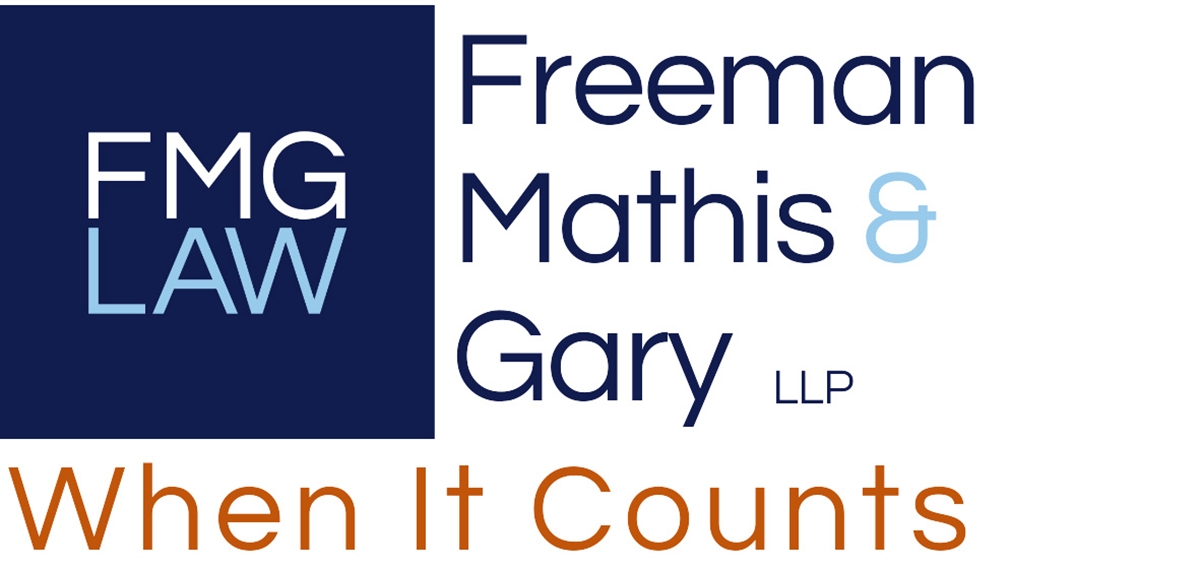New Massachusetts home inspection law: What real estate professionals need to know | Freeman Mathis & Gary

[co-author: Paul Miller]
On October 15, 2025, a major change in Massachusetts residential real estate transactions relative to home inspections took effect. Under the new legislation, titled An Act Relative to the Affordable Homes Act, sellers and their agents are prohibited from conditioning acceptance of an offer on a buyer’s agreement to waive, limit, or restrict a home inspection. Likewise, an offer cannot be accepted if, before acceptance, the buyer has communicated an intent to waive an inspection. In practical terms, the long‑standing tactic of signaling or requiring waived inspections to win bidding wars is no longer permissible. Buyers still retain the choice to forgo an inspection, but only after proper disclosures and without any influence from the seller or the seller’s agent.
The rules apply broadly to “residential property”—one‑to‑four‑unit residential buildings, condominium units and residential co‑op shares—by definition. The law also introduces a separate mandatory disclosure, the Massachusetts Mandatory Residential Home Inspection Disclosure, which must be delivered and signed no later than the first written offer to purchase. The disclosure affirms the deal is not contingent on waiving inspection rights, acknowledges the buyer’s right to choose a licensed inspector and ensures a reasonable period to complete and review an inspection before deciding whether to proceed. Critically, any contract provision that would “render a home inspection meaningless”—for example, by unreasonably limiting scheduling or eliminating a buyer’s ability to withdraw based on inspection results—is also barred. That said, the regulation expressly allows reasonable negotiation of (1) a monetary repair‑cost threshold that must be exceeded for a buyer to terminate and (2) reasonable limits on deposit refunds if the buyer exits after the inspection. There are also enumerated exceptions for, among other things, intra-familial transactions, estate planning transfers and foreclosure sales.
This change will undoubtedly alter negotiation dynamics and standard offer strategies in competitive markets. It is imperative that brokers and agents become well-versed in the details of the new regulation, update their internal policies and checklists and provide training on proper disclosures and exceptions. This is because violations of the new regulation may constitute unfair or deceptive acts under M.G.L. c. 93A, can lead to disciplinary action by the Board of Registration of Real Estate Brokers and Salespersons and, in litigation, serve as evidence of misrepresentation. Notably, a broker’s failure to provide the disclosure is itself deemed an unfair or deceptive act under Chapter 93A when undertaken in a business context.
[View source.]
link






![[Withdrawn] School inspection handbook – GOV.UK [Withdrawn] School inspection handbook – GOV.UK](https://www.gov.uk/assets/static/govuk-opengraph-image-4196a4d6333cf92aaf720047f56cfd91b3532d7635fc21ebcf0d5897df6b5f77.png)